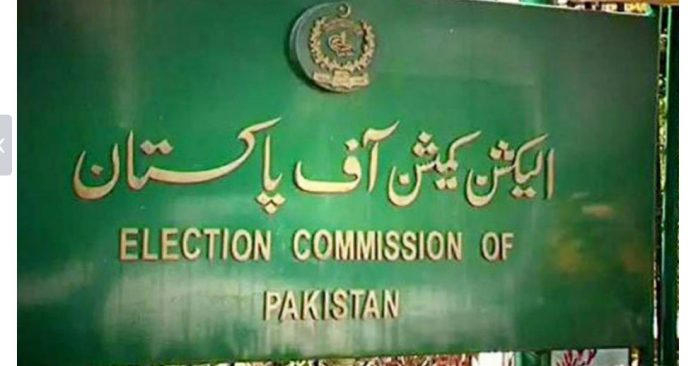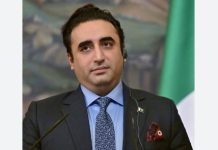ISLAMABAD, MAR 5 – A day after Prime Minister Imran Khan criticised the Election Commission of Pakistan (ECP) for allowing “foul play” in the recent Senate elections, the commission issued a statement rejecting the “discussion and unhappiness” over the way polls for the upper house of parliament were conducted.
“It is a shocking matter that under the same staff in the same [election] under the same roof on the same day, [what they won] is acceptable and [what they lost] is unacceptable. Is this not open contradiction?” the commission questioned, adding: “The ECP rejects this.”
The statement came after a meeting of the ECP was held to discuss the remarks made by the prime minister during an address to the nation yesterday where he explained the political situation in the country that emerged after Wednesday’s Senate elections in which the opposition managed to stage an upset.
During his address, the premier called out the electoral body for “protecting those who made money by holding the Senate elections through secret ballot”.
In its statement, the ECP said: “This is democracy and free elections and the beauty of free elections which the entire nation saw and which is mandated by the Constitution.”
Every political party should have the courage to accept its defeat, it said.
The ECP said the Senate elections were held according to the law and the Constitution and were conducted in a “good way”. It said the statements and discussions that had come to the electoral body through media reports were “saddening” especially statements made by “some members of the federal cabinet and specifically what the prime minister said in his address yesterday”.
The ECP iterated that it was a constitutional and independent institution. “[The ECP] has to see what the law and the Constitution allow and what the standard has to be. We cannot ignore the law and the Constitution or bring an amendment for anyone’s favour,” it added.
If someone has objections to the body’s decisions or orders, it could take the constitutional way but let the institution work independently, the statement said.
“We have neither come under pressure from anybody and neither will we [do so in the future].”

















